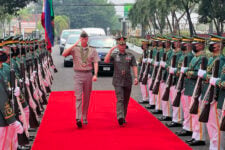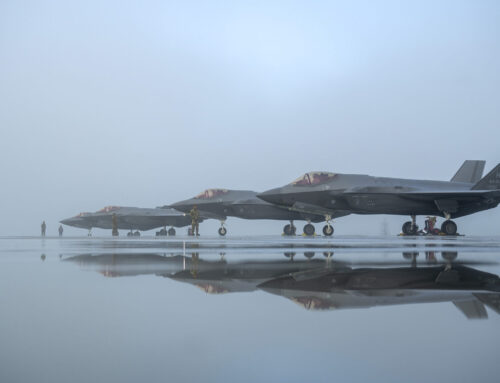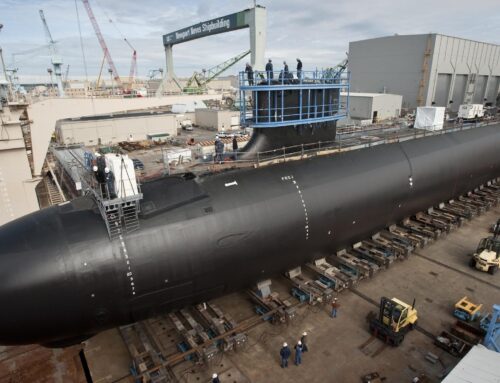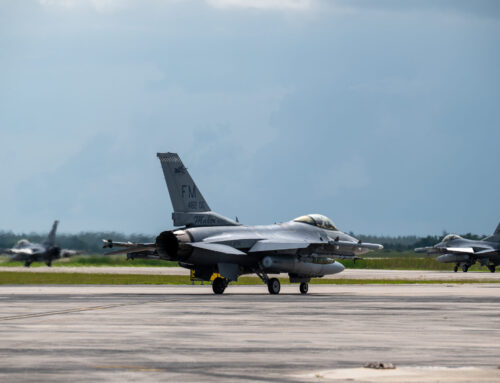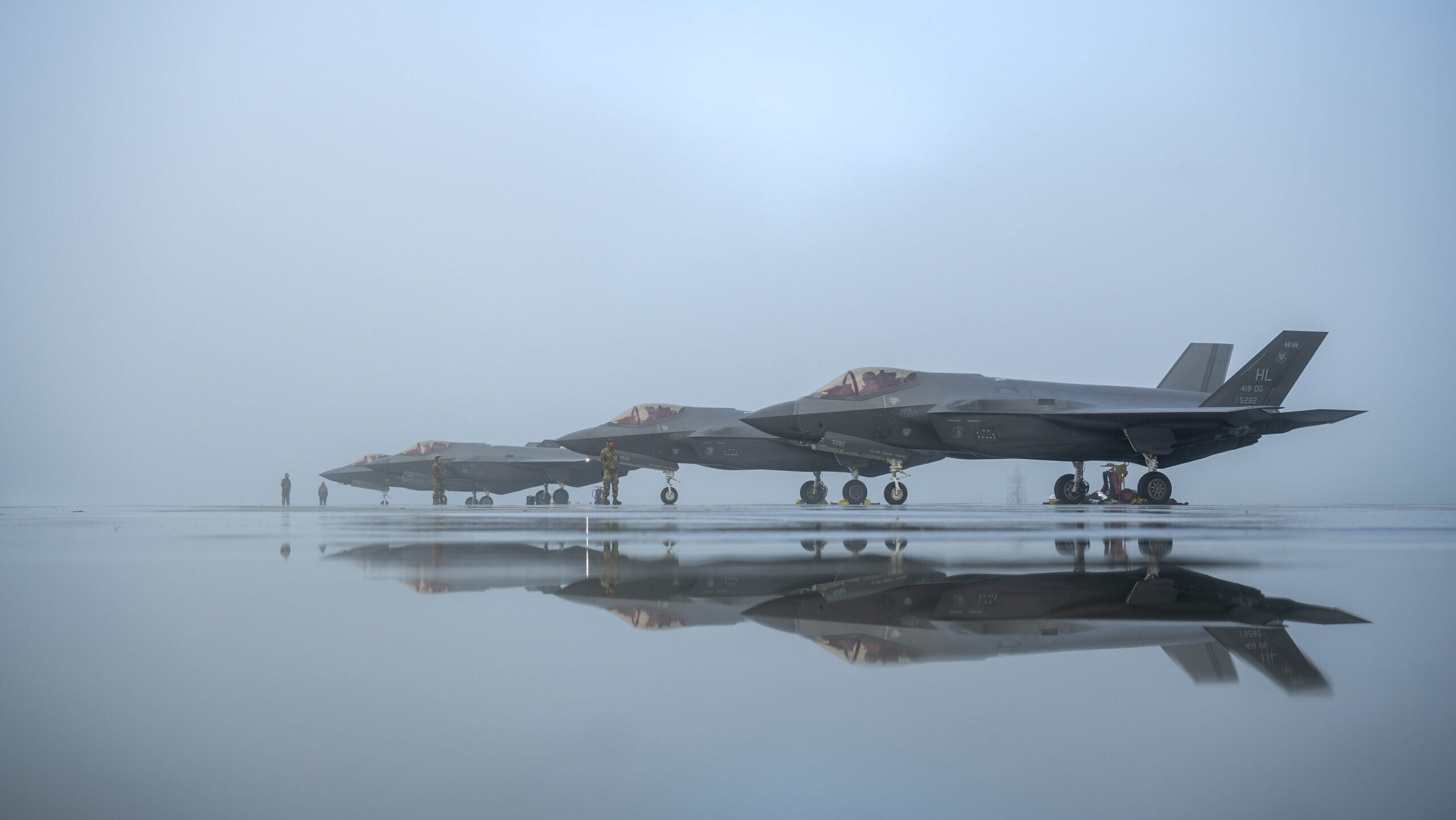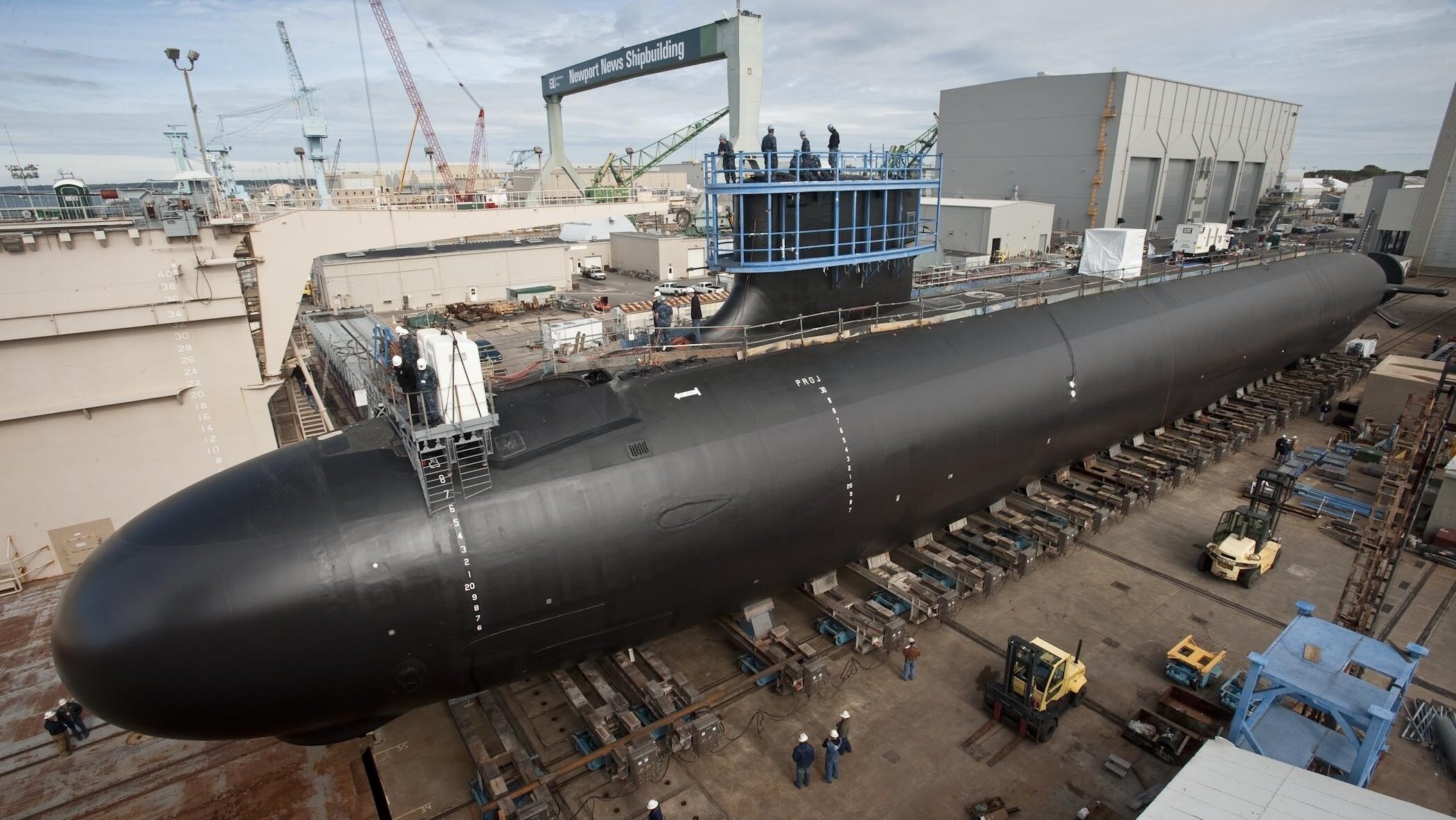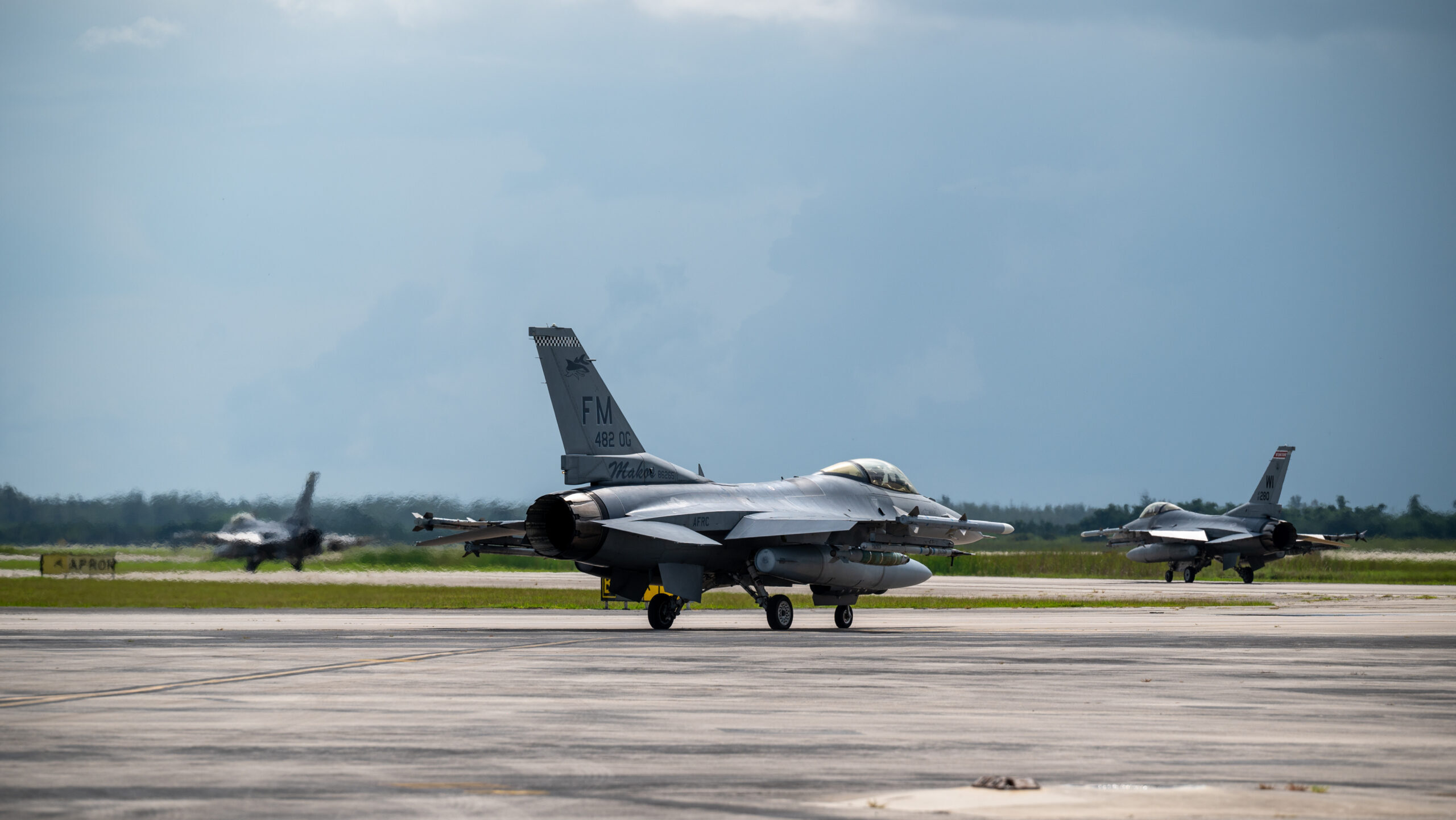Army Gen. Daniel Hokanson, chief, National Guard Bureau, met with Philippine military leaders to discuss enhancing the security cooperation partnership between the Southeast Asian island nation and the Hawaii and Guam National Guards, Manila, Philippines, May 20, 2023. (U.S. Army National Guard photo by Master Sgt. Jim Greenhill)
Gen. Daniel R. Hokanson serves as the 29th chief of the National Guard Bureau and is a member of the Joint Chiefs of Staff. In the following op-ed, he discusses what the Guard has beestate partnn doing with partners and allies this year in the Indo-Pacific, as the US seeks to blunt Chinese influence in the region.
The United States devotes significant effort to bolstering its presence in the Indo-Pacific through military-to-military events with regional allies and partners. From informal discussions to full-scale training exercises, these efforts build long-term relationships, warfighter capabilities and trust.
As global strategic competition intensifies, the National Guard’s essential, expanding role in the Indo-Pacific has become more important than ever, something I noted firsthand during a recent trip to the region.
Half the world’s population and seven of its largest militaries reside in the Indo-Pacific. With the rise of China as a pacing challenge and strategic competitor, the future of the Indo-Pacific will impact nations, militaries, and people not only in the region but around the globe. As Indo-Pacific nations look to form partnerships both regional and global, the Guard’s State Partnership Program mission fosters unique, mutually beneficial relationships with like-minded nations and helps position the United States as the security partner of choice.
The National Guard maintains official, long-term, enduring relationships with 17 Indo-Pacific countries under the SPP, a 31-year-old global initiative that today features 89 partnerships with 106 nations. The oldest of the Indo-Pacific partnerships date to 2000 and 2001, respectively, when the National Guards of Hawaii and Guam established a formal partnership with the Philippines, a partner I visited last year and one of several nations frequently at odds with China over territorial claims in the South China Sea.
Our relationships with partner nations thrive because they’re authentic, enduring, and benefit all involved. And while the State Partnership Program makes up only one percent of the US security cooperation budget, it has an outsized effect, yielding nearly a third of America’s interactions with partner nations.
RELATED: National Guard chief on lessons from Ukraine, COVID-19 and military promotion limbo
Over the past five years, National Guard Soldiers and Airmen have conducted more than 600 events with our allies and partners in the Indo-Pacific, providing opportunities to increase our partner nations’ capacity, learn from each other, and expand our joint interoperability.
Particularly in Southeast Asia, where China seeks to increase its geopolitical pull, SPP relationships are a counterweight in America’s favor — and as a result, the Guard has been very busy since the start of the year.
In January of this year, the Washington Army National Guard and Royal Thai military hosted an exchange on aviation medical evacuation and personnel recovery. In April, Washington’s Air National Guard kicked off Enduring Partners 2024, an exchange of US and Thai airmen which includes an element on space operations. Hawaii and Guam Guardsmen have conducted nearly 50 engagements with the Philippines over the past three years — including bilateral meetings, medical training and efforts to establish interoperable airspace defense capabilities. Guam recently signed a new SPP agreement with the Republic of Palau. Because Palau has no military, the partnership will take a more whole-of-government approach by developing projects on law enforcement, border security, cyber protection and civil engineering. In a relationship spanning 14 years, Vietnam and the Oregon National Guard regularly hold events focused on cybersecurity, defense professionalization, military medicine and disaster management.
This training and exchange of subject matter expertise with our SPP partners helps build competence, confidence, and mutual trust — attributes we can’t surge when lives are on the line, and relationships that Beijing cannot duplicate, no matter how much money it throws at the region.
Elevating the capabilities of our partners and deterring strategic competitors in the Indo-Pacific is a shared goal, requiring determined, capable and interoperable allies and partners. These partnerships are crucial to ensure a free and open Indo-Pacific. As I told international military leaders and officials at the biennial Defence Services Asia conference in Kuala Lumpur May 6, maintaining the international rules-based order requires a collective, cooperative effort. After all, ours is a shared world, with shared challenges and opportunities. We are not just connected; we are intertwined, and we must be united in the pursuit of security, stability, and peace across the globe.
Having built SPP into one of America’s most effective and influential international relations tools, the National Guard is proud of its continuing role in support of our national defense strategy and those of our friends in the Indo-Pacific.
General Daniel R. Hokanson is a member of the Joint Chiefs of Staff, currently serving as the 29th chief of the National Guard Bureau.


